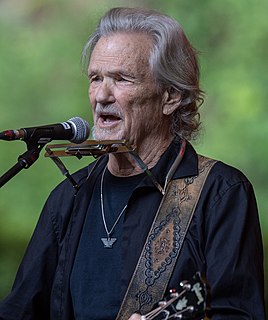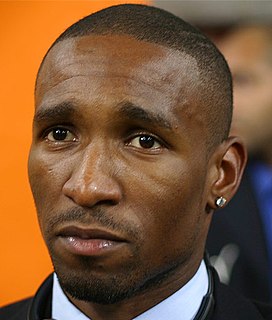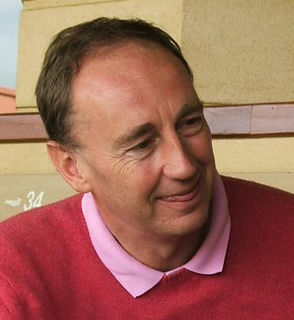A Quote by Marc Maron
I have a very primitive sense that if I just turn on a radio or the television, that somebody's playing that stuff for me.
Related Quotes
I wrote 'Turn Your Radio On' in 1937, and it was published in 1938. At this time radio was relatively new to the rural people, especially gospel music programs. I had become alert to the necessity of creating song titles, themes, and plots, and frequently people would call me and say, 'Turn your radio on, Albert, they're singing one of your songs on such-and-such a station.' It finally dawned on me to use their quote, 'Turn your radio on,' as a theme for a religious originated song, and this was the beginning of 'Turn Your Radio On' as we know it.
I did television for a very long time, but if you're on television, words don't count. What the eye sees beats the words. If you switch sides, from radio to television, you learn that the wordiness that you learn on the radio is useless or not nearly as powerful, and you have to learn to trust that the eye will just beat the ear.
When my generation, those early days of television - I know I've been thinking about this lately - my two flashes of me as a little boy. One, I'm standing in front of the radio freaking out that Nat King Cole's singing 'Lady of Spain', just this stuff coming out of the radio, and Guy Williams singing 'Wild Horses' coming out of the radio.
In the Depression, besides everybody being poor, our entertainment was much more primitive and innocent. The comic strip, which I so venerated, was still a very new form. Movies had just become talkies. Radio had just gone coast to coast for the first time. Network radio had just begun when I was a kid. So all of these forms were more or less in their infancy, and feeling their oats. Comics were fresh and funny and nervy, and in a sense, defiant of the prevailing culture.
Movie stars exaggerate certain things to let the audience know they're just playing a character, as if they're saying, "Look at me, I'm not really an old man, I'm just playing one." Or "I'm not really a homosexual, I'm just playing a gay character. Or an alcoholic. Or somebody who's mentally impaired." They often do it very successfully and win awards for it.


































